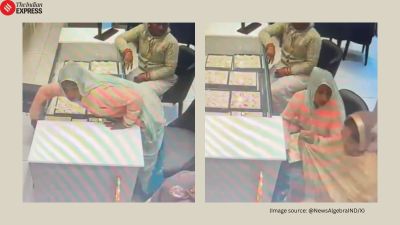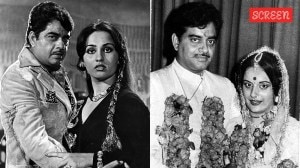Ace of Base
The AUDF is a hard act to pull off elsewhere in the country

THE Assam United Democratic Front AUDF was the surprise package of the recent assembly elections. From an anti-Congress organisation of 13 Muslim groups euphemistically described as 8216;8216;pressure groups of different communities8217;8217; floated in late-2005, to the factor that almost dislodged the Tarun Gogoi government, the rise and rise of the AUDF is the fallout of the combination of many factors.
Historically, new parties in Assam have frequently created havoc at the hustings: The Asom Gana Parishad swept the polls within two months of formation in 1985; the United Minorities Front won 18 seats on its own when just three months old the same year.
But the UDF has proved to have bigger Muslim support8212;as evident from the way Maulana Syed Asad Madani, all-India president of the Jamiat Ulema-e-Hind got involved with it8212;and caused more damage to the Congress than any other party.
For the Congress, the countdown began in July last year, when the Supreme Court struck down the controversial Illegal Migrants Determination by Tribunals Act of 1983. Long projected by the Congress as the only protection for Muslims of migrant origin living in Assam, the scrapping quickly antagonised the state8217;s 30 per cent Muslim population.
This was fuel to the fire of the Assam unit of the Jamiat Ulema-e-Hind, sore with the Congress for allegedly not fulfilling any of its demands, except the appointment of Rockybul Hussain as minister of state for home. With Gogoi refusing to budge, Madani called upon Muslims to ban entry of Congress leaders to their villages.
Nine months later, the AUDF would have ousted the Congress from power, had it not been for the latter8217;s pre-poll alliance with the Bodo People8217;s Progressive Front.
- 01
- 02
- 03
- 04
- 05






























